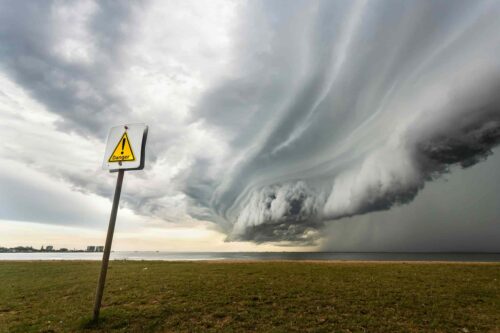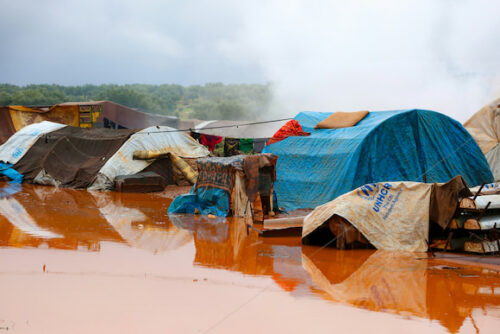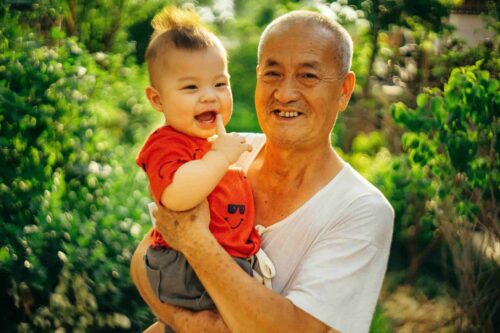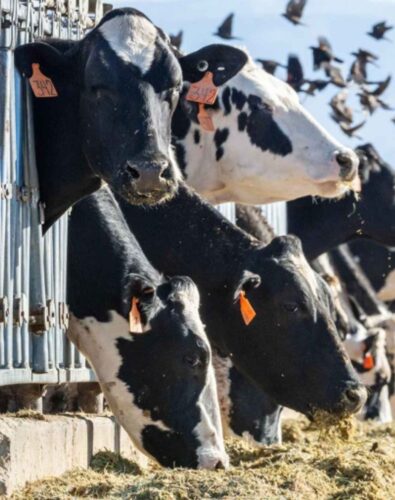
Disaster Preparedness and Adaptation Indigenous Knowledge and Voices
Reflections on Reducing Wildfire Disaster Risks. United Nations Office for Disaster Risk Reduction.
• Guides & Frameworks
Explore Planetary Health
Browse or search our curated collection of research articles, tools, videos, and other Planetary Health resources. Featuring approximately 2,000 research articles and additional tools spanning a variety of thematic areas, our library has information on Planetary Health for every audience — whether you’re exploring the field for the first time, an educator hoping to engage Planetary Health in your classroom, a seasoned scientific researcher, or someone looking to making a difference in your community and in the world. New resources are added every month.
Contact us to suggest items to add to our library and sign up for our newsletter to receive updates on the latest additions.
All Resources
Disaster Preparedness and Adaptation Indigenous Knowledge and Voices
• Guides & Frameworks
Displacement and Conflict Climate Change
• News
Built Environment and Urbanization Culture and Values
• Guides & Frameworks
Life Stage and Reproductive Health Disaster Preparedness and Adaptation
The scorecard reveals a haphazard approach to the inclusion of sexual and reproductive health within U.S. state checklists. It highlights clear opportunities for improving access to healthcare, strengthening community resilience, and ensuring that needs aren’t overlooked during disasters.
• Tools
Infectious Diseases Disaster Preparedness and Adaptation
• News





